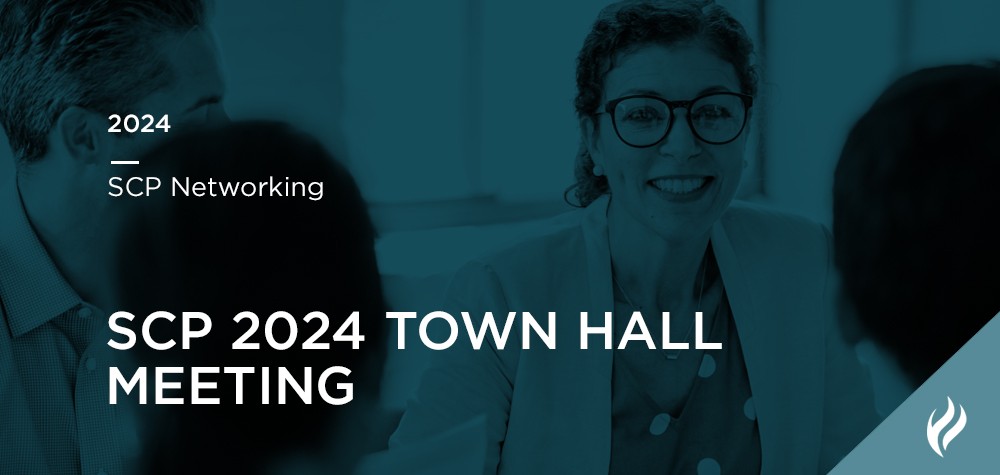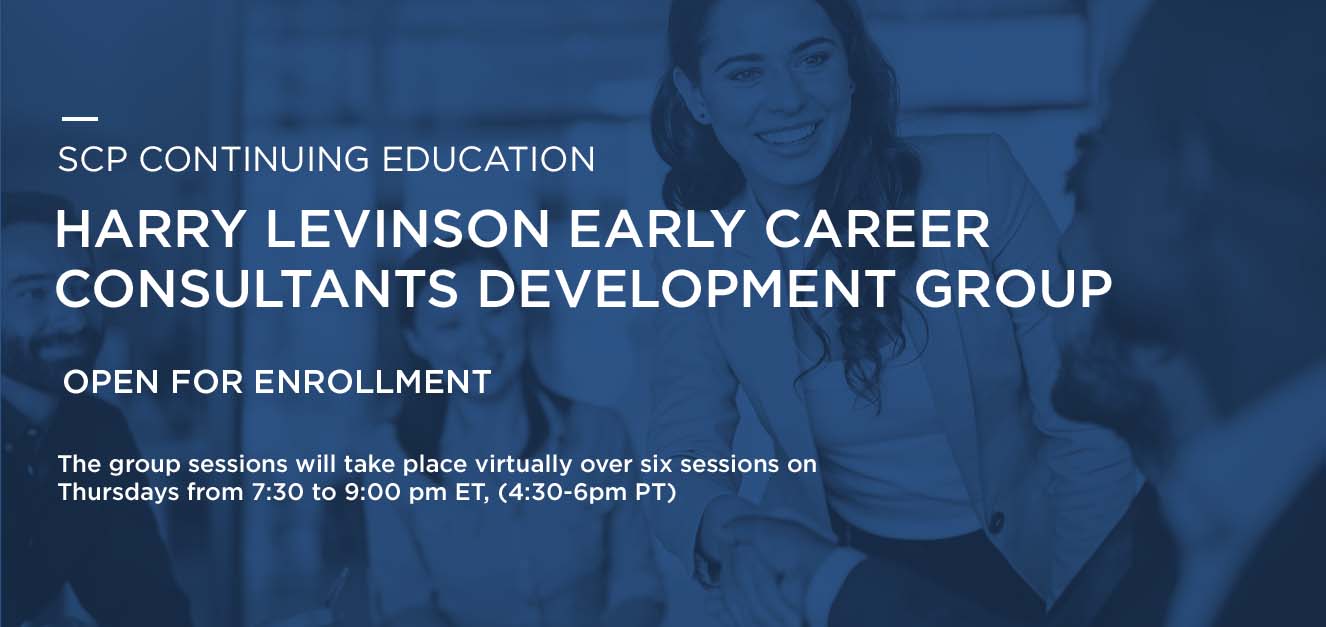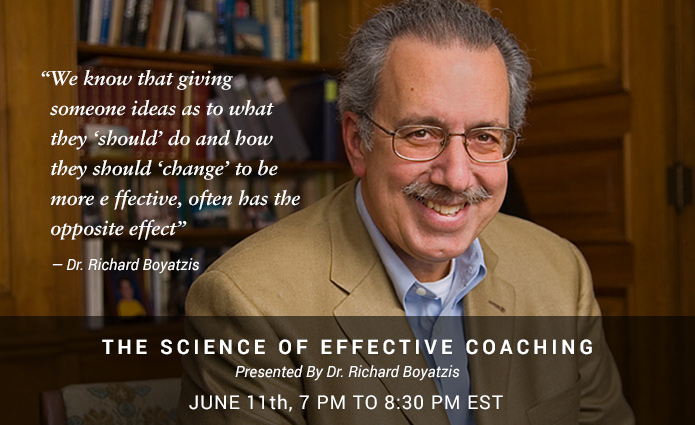HOGAN Assessment Certification for SCP
PLEASE NOTE: REGISTRATION HAS CLOSED FOR THIS EVENT October 28 - October 31, 2024 11:00 AM - 3:30 PM ET Cost: $2350 CE Credits Available Event Description The Society of Consulting Psychology sponsors this discounted Hogan Assessments certification course for SCP members only. The course program and materials are delivered and managed directly by Hogan. This course teaches professionals to interpret and apply Hogan’s three core personality-based assessments at a basic level: 1. Hogan Personality Inventory (HPI): measures the “bright side” of personality; strengths that facilitate successful performance 2. Hogan Development Survey (HDS): measures the “dark side” of personality; potential career derailers that impede performance 3. Motives, Values, Preferences Inventory (MVPI): measures the “inside” of personality; values and drivers that powerfully influence organizational fit and leadership style Learning Objectives Participants attending all the sessions of the program and successfully completing the workshop will be certified to use and interpret the Hogan inventories. Insights acquired during this intensive workshop will challenge and change the way you think about human nature, leadership and performance. *There are three required pre-work components for this course: take the assessments, receive feedback on your assessment results, and complete the Pre-Workshop Learning Module. Please note that registration for this program closes on September 13, 2024. SCP will not be able to take any registrations after September 13, 2024. This event is for members only. Conflict of Interest Disclosure Hogan Assessment may benefit from SCP Members use of their proprietary assessments instruments. Presenter: John Horton, MS Consulting Practice Manager, Hogan Assessments John Horton is the Practice Manager for the Independent Consultants Network at Hogan Assessments. He provides consulting on assessment solutions, conducts training and education programs for coaches, and supports the delivery of Hogan's high-quality solutions. He also conducts certification workshops and facilitates client delivery services. John contributes his thought leadership through journal articles and presentations. Hogan Assessments is the international leader in personality insights. With the world’s largest database of personality research and decades’ worth of experience in psychometrics, Hogan produces valid, reliable personality assessments that measure everyday strengths, potential shortcomings, and values and motivators. Hogan’s solutions empower organizations to hire the right people without bias, boost productivity, reduce turnover, promote diversity and inclusion, identify high-potential talent, develop leaders, and inspire employees to do their best. PLEASE NOTE: REGISTRATION HAS CLOSED FOR THIS EVENT













